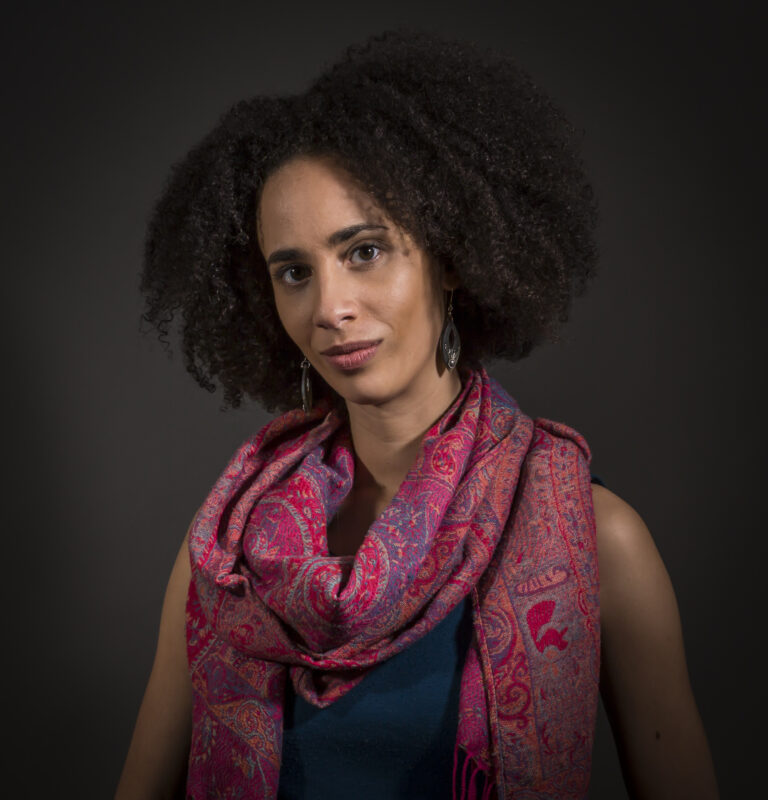In the aftermath of the 2013 acquittal of George Zimmerman, the man responsible for the death of Black teenager Trayvon Martin, a hashtag began to circulate on Twitter: #BlackLivesMatter. In the years that followed, the hashtag has transformed from a rallying cry in response to police violence against Black people to a powerful movement for racial justice and equality around the world.
Starting in the Winter term, a journalist, scholar, and activist who has been deeply involved in the conversation about the movement in Canada will teach a high-level seminar on #BlackLivesMatter in the Book and Media Studies program at St. Michael’s.
“To answer the question of the relationship between the movement and the media, it is necessary to answer a second question: do Black lives matter in the media?” #BlackLives and the Media course instructor Emilie Nicolas says. “That second question is the question that goes way before the creation of the [BLM] movement, which is very much the latest iteration of a human rights movement that goes back generations.”
Providing this historical context for #BlackLivesMatter is an important goal for the course, which will also provide a critical perspective on the dynamics of power and the complicated interrelationships between the movement and the media environment in which it emerged. Because the media environment varies from country to country, Nicolas will also offer a comparative international perspective to help students grasp the nationally specific characteristics of the movement and its reception around the world. Though the hashtag first appeared in response to violence in the United States, it’s important to remember that #BlackLivesMatter “is not just an American movement,” she says.
As a columnist for Québécois newspaper Le Devoir and a regular contributor to national outlets such as CBC’s Power & Politics and CTV’s PowerPlay, Nicolas has spent years observing and participating in conversations about how the media covers stories about Black people—and how it can fix its coverage. She also “contributed to social movements and organized on behalf of victims of police brutality in Montreal,” and several years ago helped head up a group that lobbied against Canadian media using blackface. This larger background in both journalism and organizing will fuel a course that provides an inside look at the dynamics of both media institutions and the movement for racial justice that sees media as a “battleground.”
With guest speakers including both reporters and organizers, the course will also be responsive to breaking news, including the aftermath of the upcoming American election. “When we understand the relationship between anti-Black racism and the media better, we can understand the news better,” Nicolas says.
#BlackLives and the Media continues a series of topical Book and Media Studies seminars that began in 2018 with Trump and the Media, a class taught by journalist and former New York Times editor Sam Tanenhaus. Last year, the series continued with #MeToo and the Media, which was jointly taught by Jessica Johnson of the Walrus and the late Anne Kingston, a senior writer and columnist for Maclean’s.
“In its efforts to educate students in media literacy, the Book & Media Studies Program must engage the salient issues of the day, particularly those of social justice, media manipulation, and systemic racism in North American society,” Interim Principal and Vice-President Mark McGowan says. “It is imperative that our students explore the engagement of #BlackLivesMatter and the media and I am delighted that St. Michael’s College can provide a forum for this important conversation.”
SMC300H1S #BlackLives and the Media will be taught on Fridays from 12 to 2 p.m. during the Winter 2021 term.

